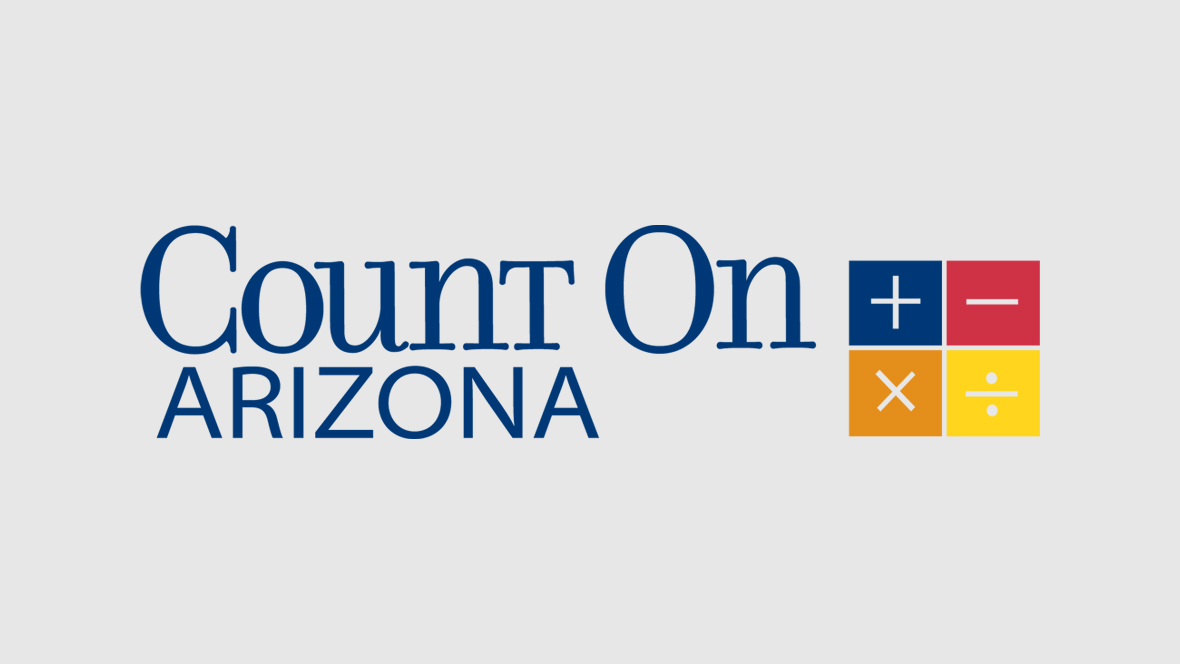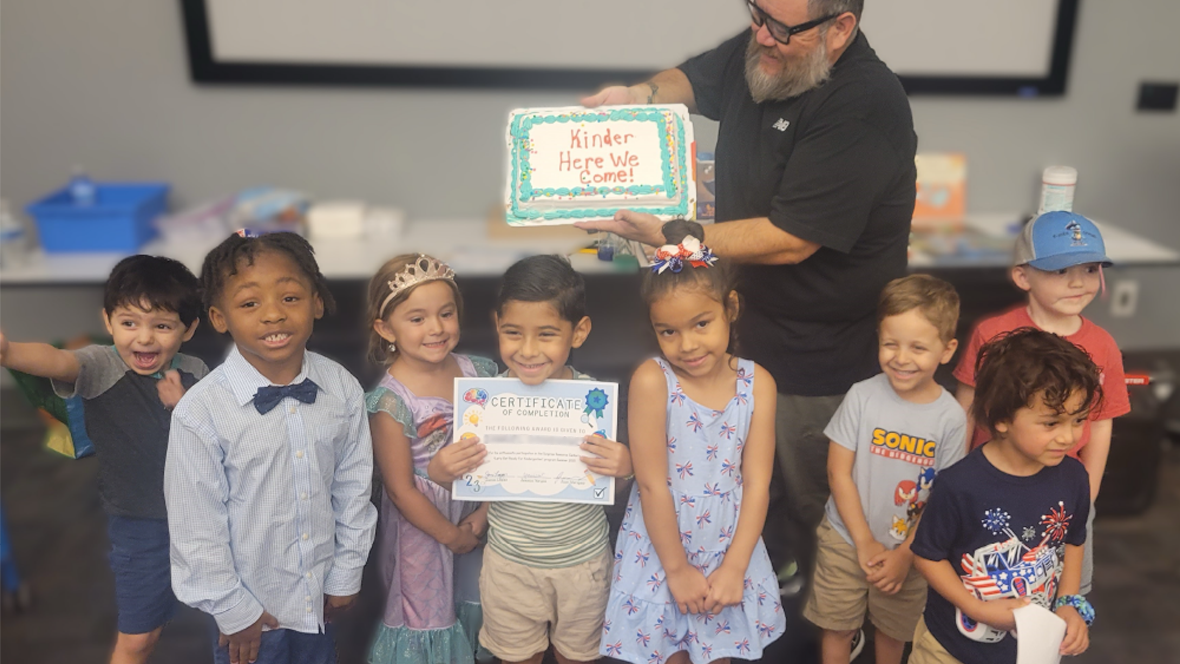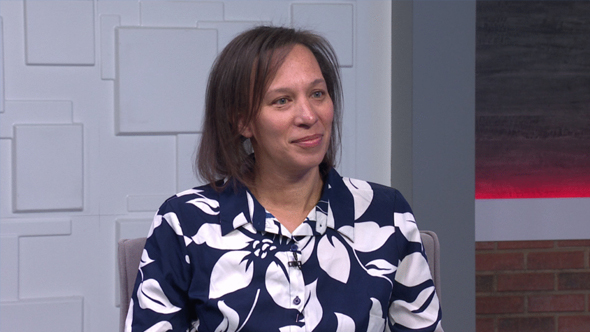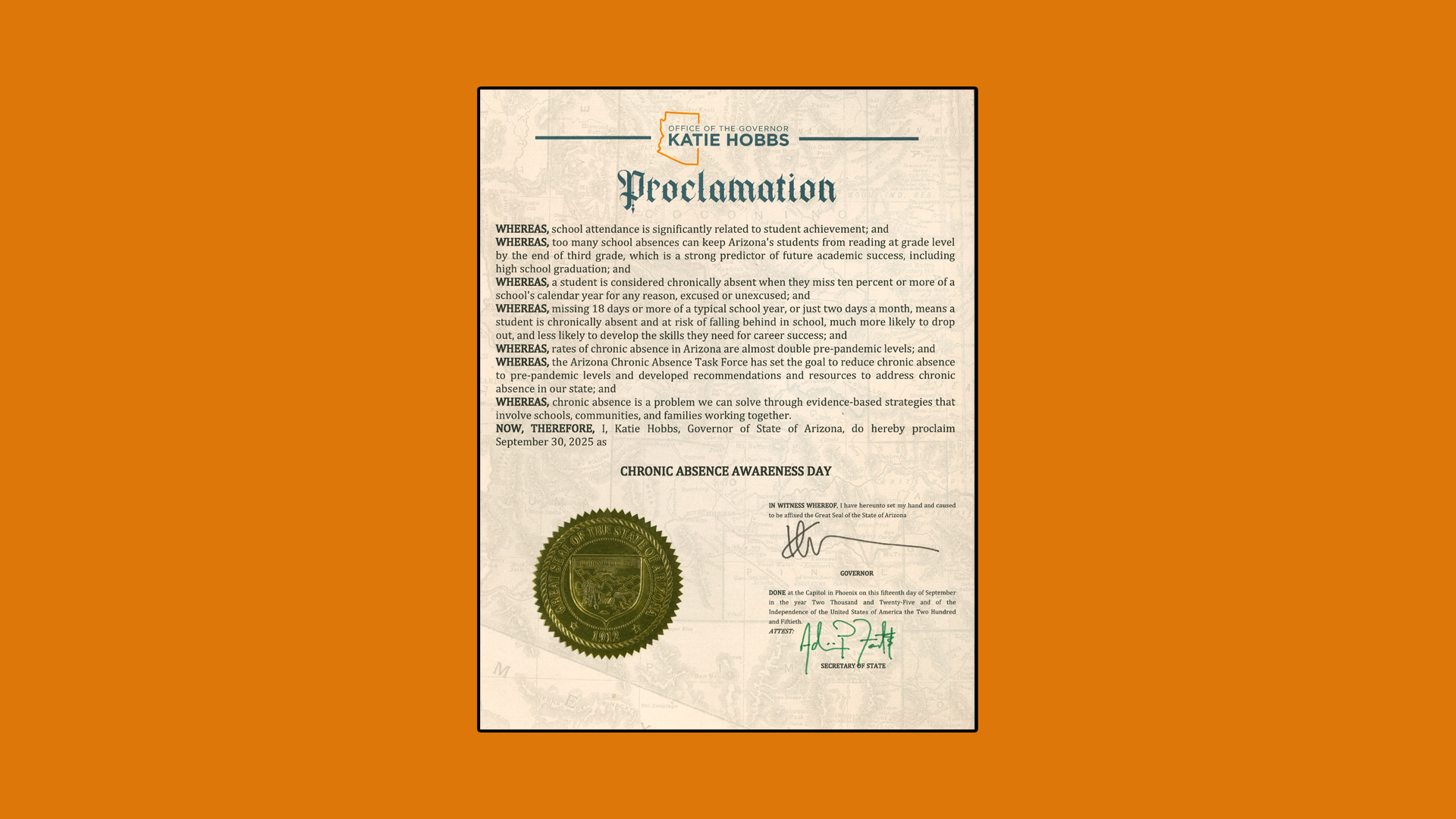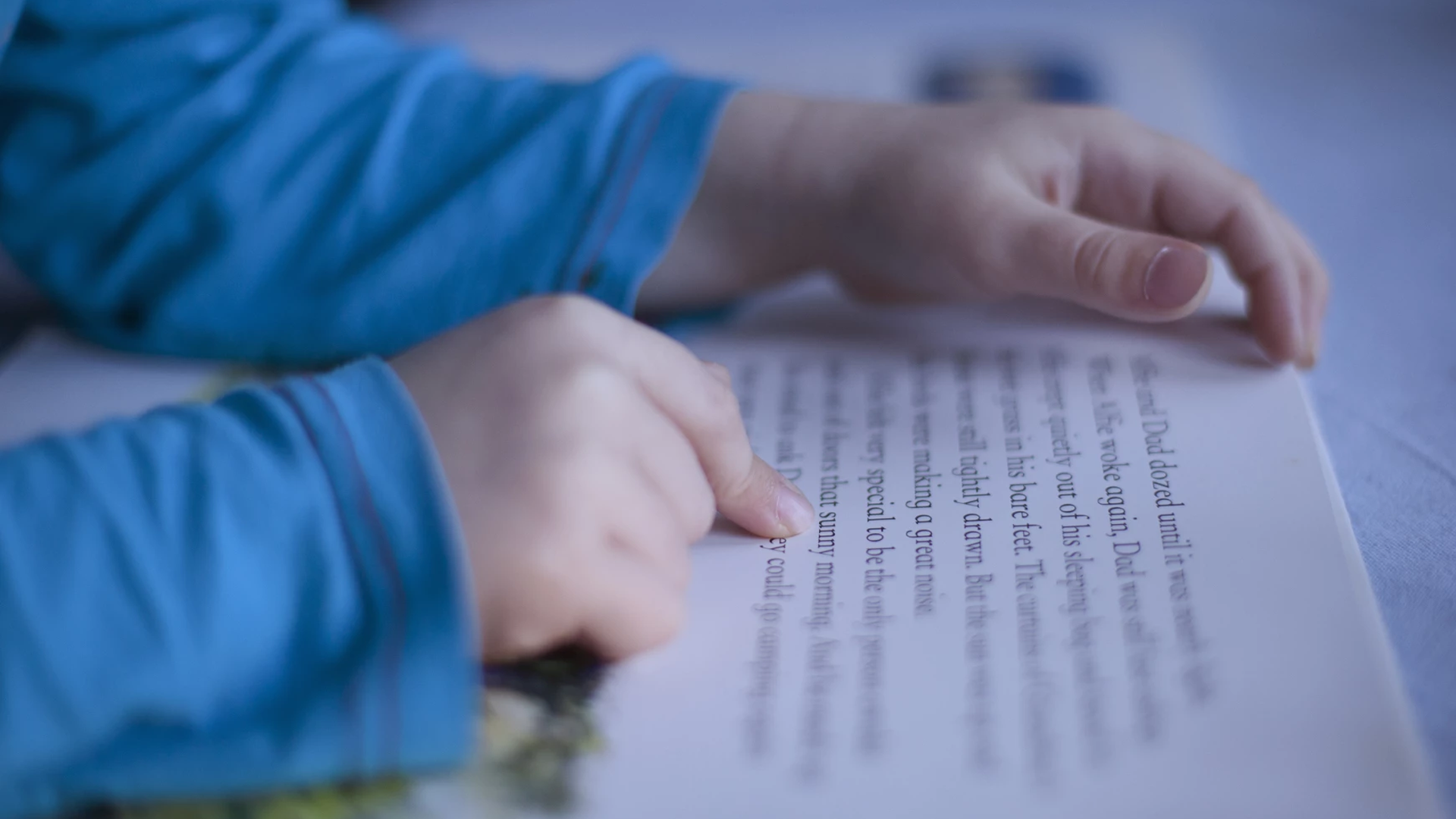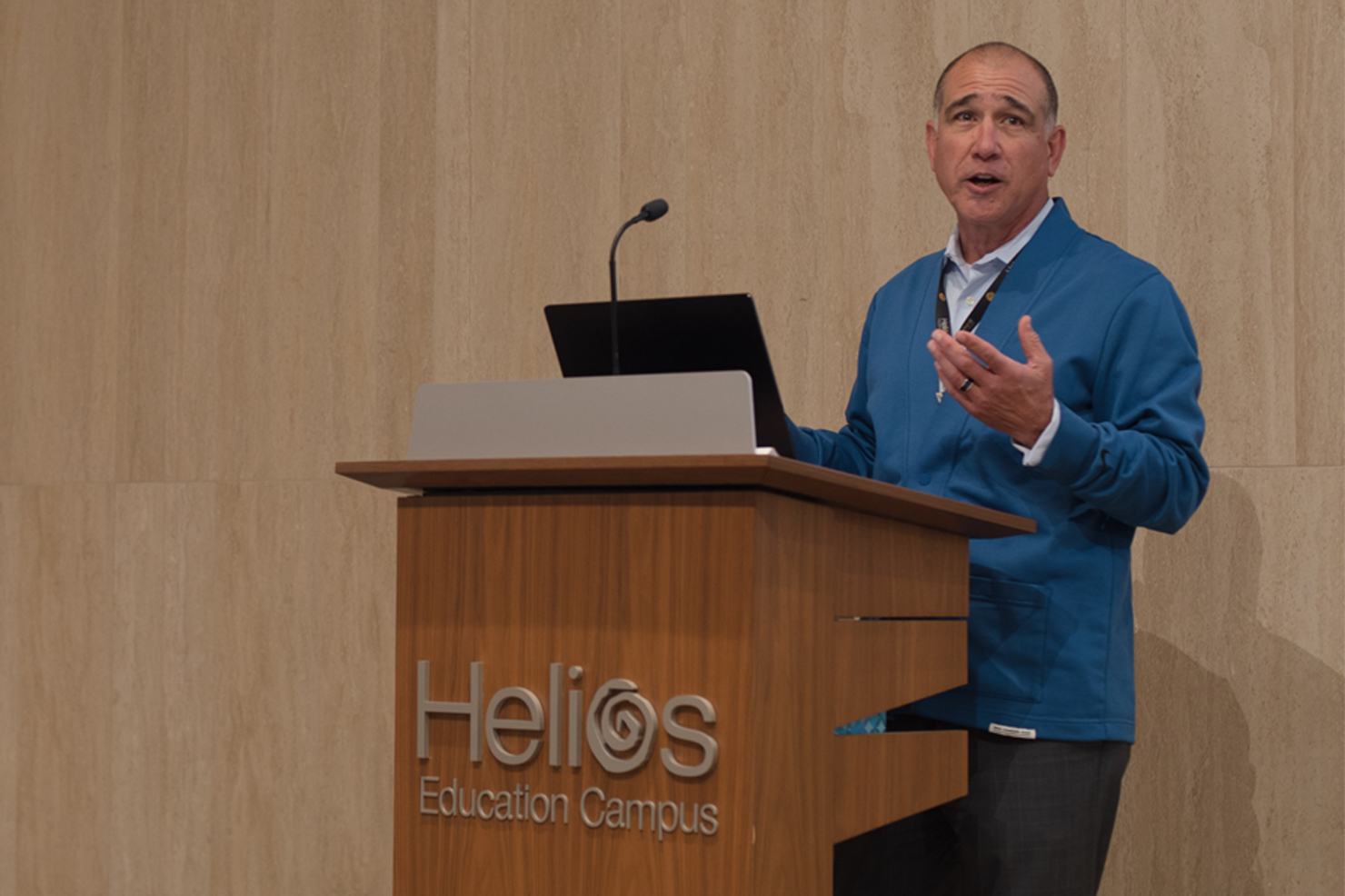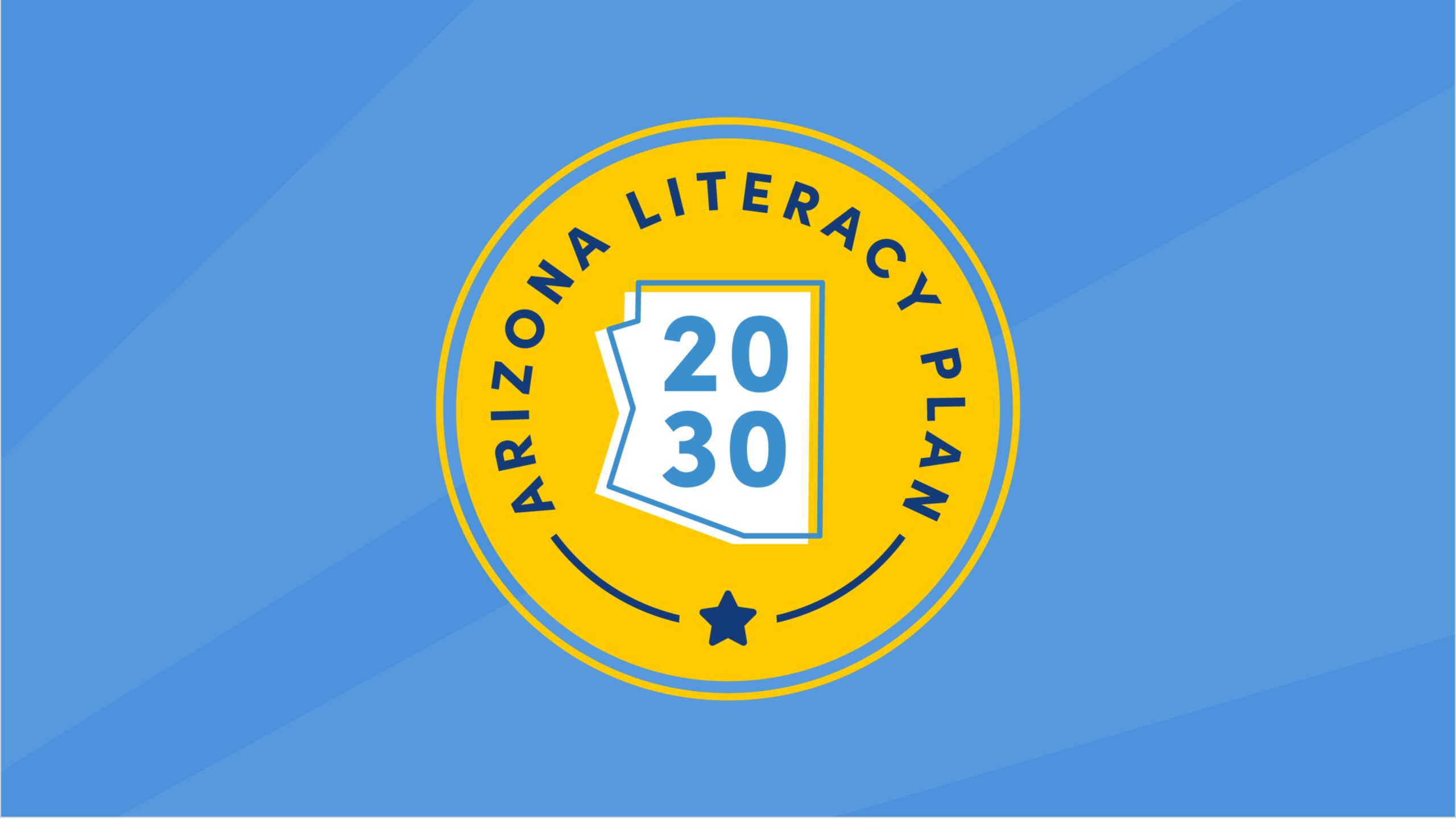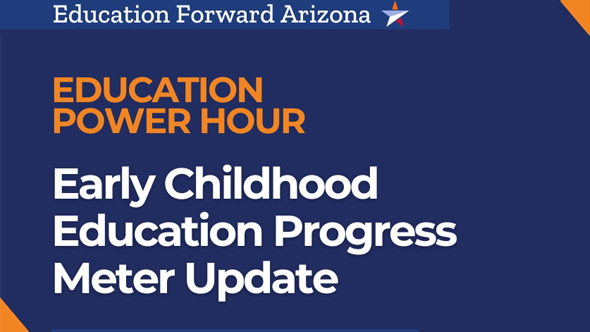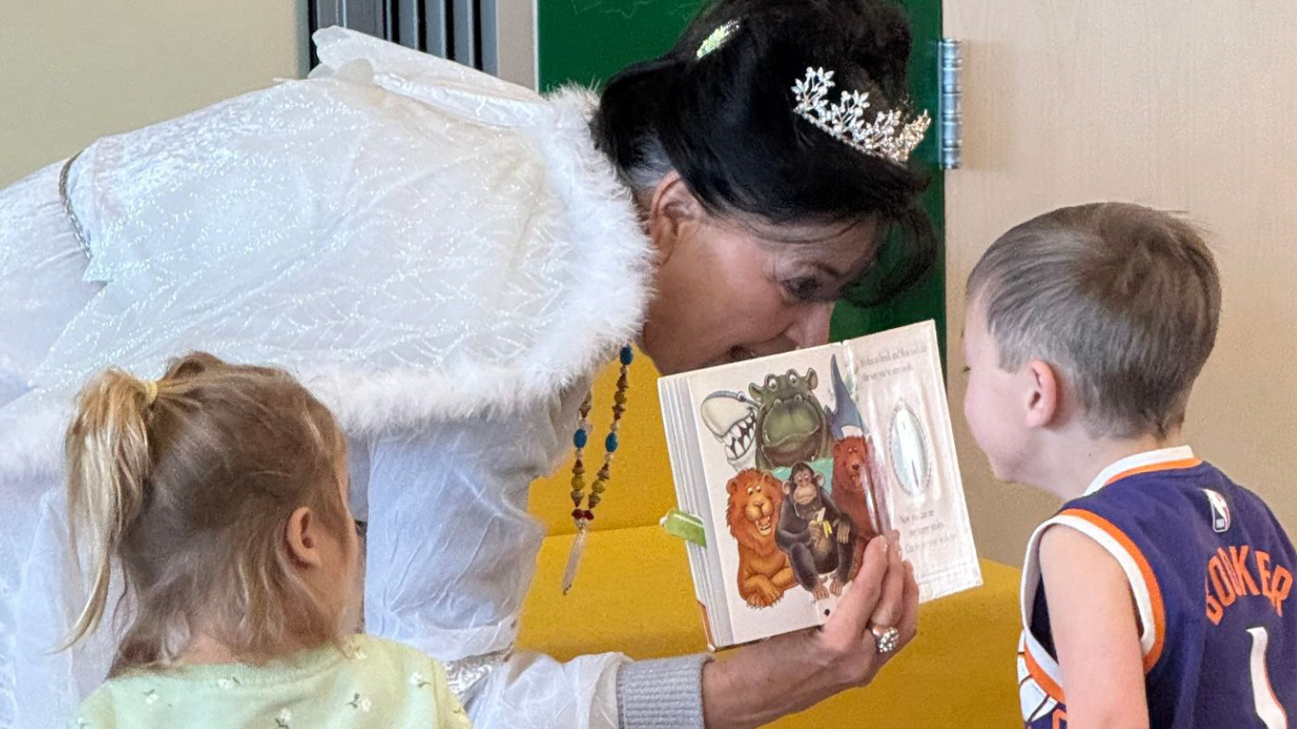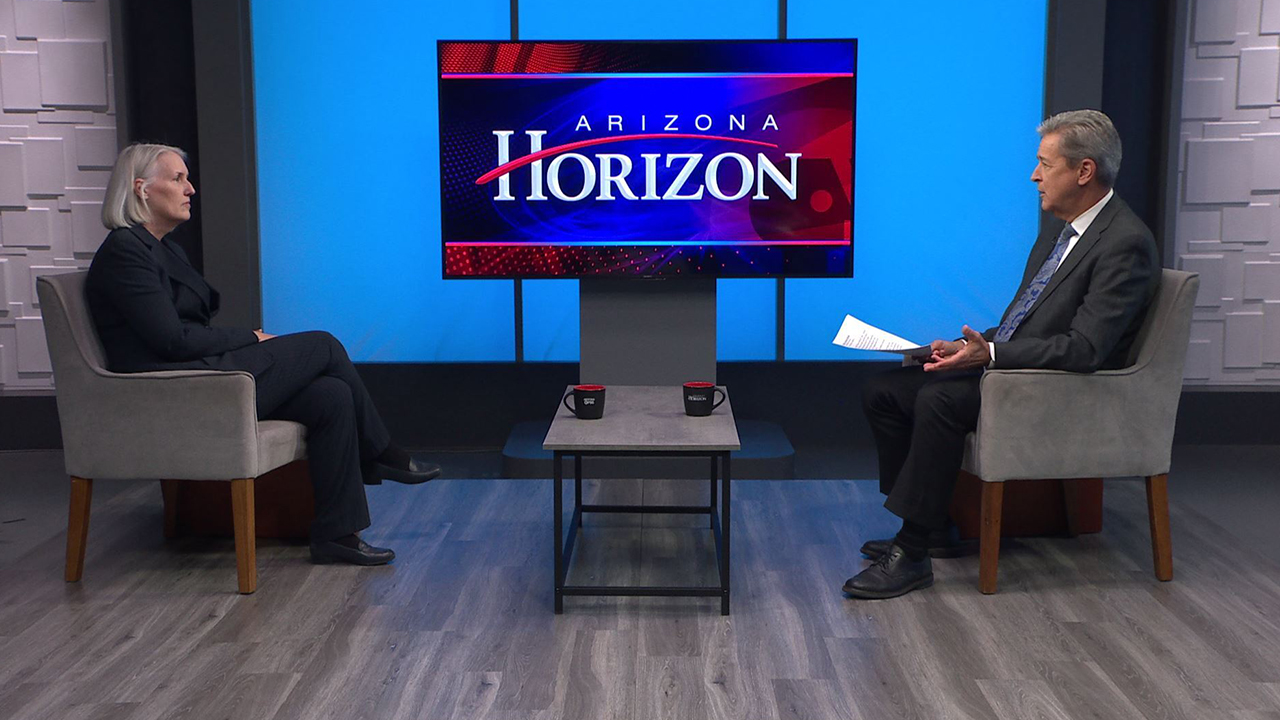August 05, 2024
Read On Communities
Read On San Carlos Apache Tribe has been focusing its community on the importance of early literacy for almost a decade. Despite the many challenges faced by a small community with high rates of poverty and limited resources, the group continues to persevere in its mission, and its spirit of collaboration has produced many successes.
“One of our strengths is that we've been a collaborative all these years,” LaToya Beatty said, “and that’s a success, considering that we don’t have funds or huge literacy projects.”
Beatty and her fellow First Things First staff member, Veronica Gossett, serve as community leads for Read On San Carlos Apache Tribe, one of 20 Read On Communities across our state.
Its work started in 2015 with a community scan that showed almost no literacy programming outside of the schools. Year by year, partners have found opportunities to make connections and add new community literacy activities and programs, such as a reservation-wide reading log involving all the schools and child care centers. The San Carlos Education Department’s Mobile Literacy Book Bus helps increase access to books, which remains a significant need. (A new public library has temporarily closed after losing a key staff person.) And the University of Arizona Cooperative Extension secured a grant for a literacy program focused on the Apache language.
“Every year, a new program or campaign or event pops up that is literacy focused,” Beatty said. “We've gone from almost zero to two to five, and now about 12. Wow!”
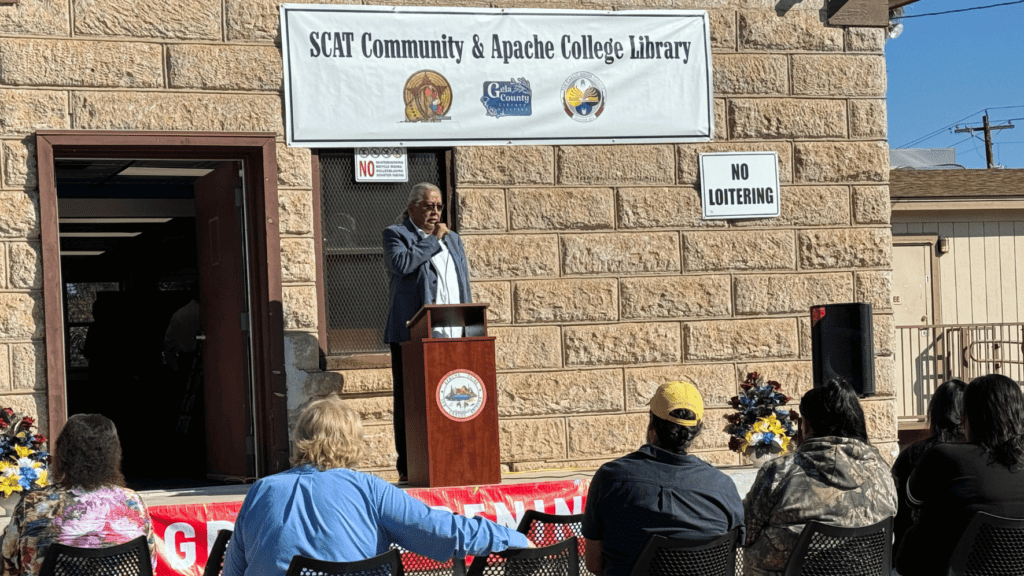
Early Childhood Language and Literacy
With funding and programming in the community mostly focused on K-12 education, the collaborative intentionally emphasizes language and literacy development in the early years, from birth to age 5. That includes partnering with the Tribe’s early childhood education program — which administers local Head Start, Early Head Start, and child care centers — to incorporate more literacy activities.
Gossett has been spreading the word in this community about the importance of early childhood for more than eight years. “We have a base of partners who share information with parents about being your child’s first teacher and talk-read-sing-play.” Such simple, everyday activities can make a big difference.
“Learning to read doesn't start in kindergarten,” said Terri Clark, who leads the work of Read On Arizona. “The early childhood years are just as important for helping kids develop language, vocabulary, and other early literacy skills that are the building blocks for becoming a good reader and successful in school later on.”

Connections to Resources
The San Carlos Apache Tribe Community Resource Guide is another important tool for raising awareness and building community connections.
“There is high poverty here and a lot of people who don’t have access to the internet or phones, a lot of grandparents raising their children,” Gossett said. “These guides are shared all over the community.”
“We don’t do referrals,” Beatty added, “but the resource guide has some direct contacts so people can ask for them by name, and that’s been part of community members being less afraid to advocate for themselves or their child and helpful in navigating all the resources.”
Moving Forward
Read On San Carlos Apache Tribe recently added a focus on helping to reduce chronic absence in local schools. A student is considered chronically absent when they miss 10% or more of a school year, which makes them more likely to fall behind and less likely to learn to read at grade level. Chronic absence rates have soared in Arizona and across the country, especially among economically-disadvantaged students and Native American students.
The collaborative will also be starting a new strategic planning process, including an updated environmental scan.
Challenges remain, and the pace of progress can be frustrating, but the group continues to see the value of their work and their connection with Read On Arizona.
“Every year, they (partners) let me know this work is very meaningful,” Beatty said, “and that even though we may be moving slowly, we're moving forward.”
